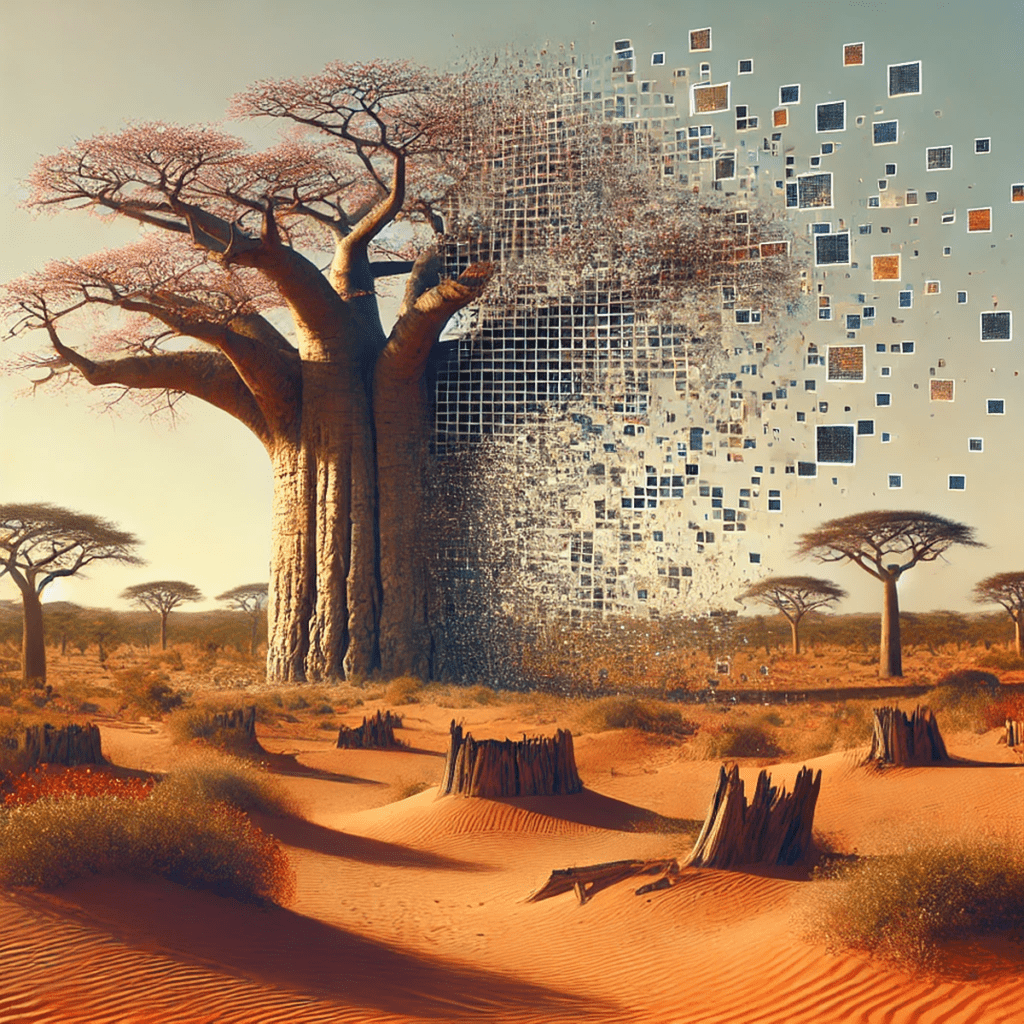The Disturbing Rise of AI-Driven Disinformation in Sub-Saharan Africa
In the vibrant landscapes of Sub-Saharan Africa, a troubling trend is emerging that threatens the very fabric of society: the rise of AI-generated disinformation. Foreign, domestic, and non-state actors are skillfully manipulating the information landscape to secure their interests, often to the detriment of local populations.
A New Kind of Warfare
As we delve into this issue, we see how malign actors exploit information warfare to incite military coups, as well as religious and political insurgencies. The use of artificial intelligence (AI) as a tool for disinformation presents unique challenges, especially in regions like the Sahel, where existing conflicts are already straining communities and governance.
In recent years, disinformation campaigns—especially those driven by Russia and the People’s Republic of China (PRC)—have aimed to destabilize the region and alienate local societies from Western influences. It is crucial for international institutions to confront these campaigns head-on and emphasize the threat AI poses to political stability.
The AI Revolution: Changing the Game
AI has transformed the information battlefield with generative technologies capable of creating convincing text, voice modeling, and even deepfake images and videos. Unlike traditional disinformation tactics, AI-generated content can put a human face on lies, making them much more compelling. When influencers or officials are "deepfaked," audiences are more likely to accept this misinformation as fact—leading to dangerous misperceptions.
In many developing nations, including parts of Africa, inadequate digital infrastructure exacerbates the problems fueled by AI. Despite 300 million people across Africa joining social media platforms in the last seven years, educational initiatives aimed at fostering media literacy have struggled to keep pace. AI-generated disinformation, particularly via deepfake technology, poses a severe challenge even to well-educated populations, highlighting the urgent need for improved media literacy programs.
Gripping Cases from the Sahel
Consider the catastrophic consequences seen in Mali, where AI-generated content fueled anti-French sentiments following a military coup in May 2021. Disinformation pieces portrayed France in a negative light, thus undermining political reconciliation efforts between Mali and its former colonial power. Just months later, the Malian government withdrew its consent from a UN peacekeeping operation, creating a vacuum that Russian mercenaries filled through their own disinformation strategies.
The aim? To present themselves as a more effective alternative to the Western powers involved, manipulating existing anti-Western sentiment to further their strategic interests in the region.
This pattern is not confined to Mali alone. In Burkina Faso, AI-generated deepfakes legitimized a new military junta, driving a deeper wedge between the populace and international partnerships. Even organizations like the African Union have fallen victim to impersonation tactics, jeopardizing sensitive communications and discussions.
The Broader Implications
The consequences of unchecked AI-driven disinformation extend beyond individual governments to international relations and security dynamics. Disinformation campaigns have succeeded in delegitimizing Western involvement in Sub-Saharan Africa, spawning civil unrest and fostering anti-democratic sentiment. As these malign narratives proliferate, trust in local institutions deteriorates, threatening efforts to strengthen democracies.
The increasing prevalence of insurgencies places further pressure on the region as states trade military assistance from the West for Russian mercenary services. While China and Russia emphasize investments in the Sahel, failure to prioritize security and stability in the long term will only exacerbate vulnerabilities.
The Path Forward: International Responsibility
It’s clear that inaction from the international community could have dire consequences. The UN has recognized AI-generated disinformation as a serious threat to democracy and international security but has yet to establish a robust global regulatory framework. Current efforts, such as treaties spearheaded by the Council of Europe, have included only a limited number of countries, excluding major disinformation players like Russia and the PRC.
Future strategies must focus on a comprehensive approach to regulating both AI technologies and social media platforms. At the same time, countries need to empower local communities with the education necessary to navigate this complex information landscape.
Conclusion: The Urgency for Action
The issue of AI-driven disinformation in Sub-Saharan Africa demands immediate attention. The dangerous allure of deepfakes and other forms of manipulated content can erode public trust and destabilize regions already grappling with security threats. By prioritizing collaborative international efforts and bolstering media literacy initiatives, we can better protect the integrity of information and encourage healthier democracies.
The AI Buzz Hub team is excited to see where these breakthroughs take us. Want to stay in the loop on all things AI? Subscribe to our newsletter or share this article with your fellow enthusiasts.




